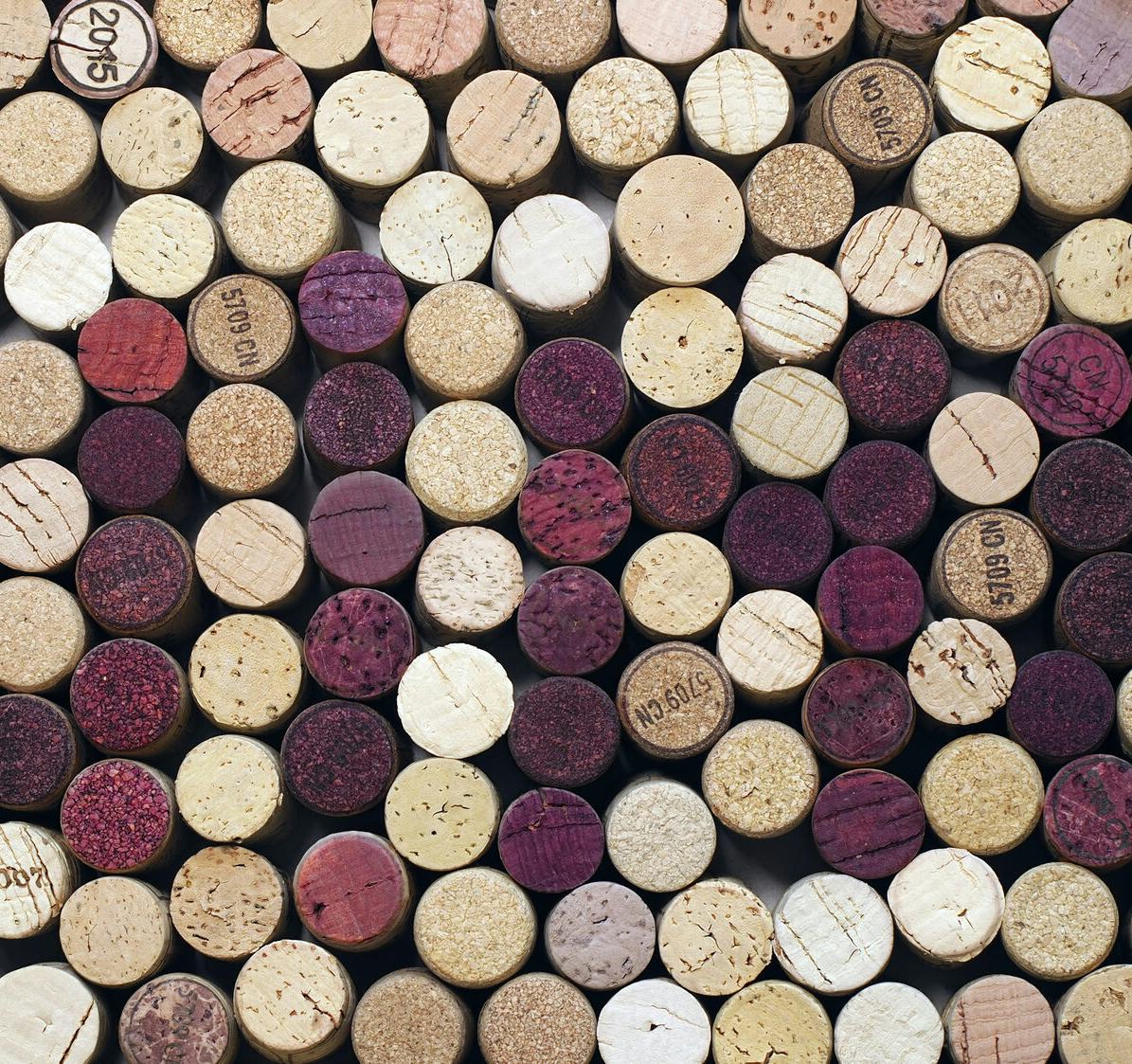
If you've ever felt that wine people seem to be speaking their own language, that's because they kind of are.
But you don’t need a sommelier’s vocabulary to understand what you like.
Many wine terms are simply describing flavours and characteristics you already recognise.
The more key wine terms you understand, the better you'll be able to discover and enjoy new wines.
To help you better appreciate every pour, we've had the friendly team at L'OCA Cellars describe some essential wine terms so you can read, shop, and sip with more confidence.
Grape & Origin Terms
Understanding the basics of where wine comes from and what that means for its unique taste.
Varietal: The main type of grape used in a wine, such as Cabernet Sauvignon, Chardonnay, or Pinot Noir.
Vintage: The year the grapes were harvested. Some years are considered better than others depending on weather, especially in climates that vary from season to season.
Non-Vintage: A wine made by blending grapes or finished wines from multiple years. This helps winemakers maintain a consistent style, especially in larger-scale production.
Old Vines: Grapevines often 25 years or older. They tend to produce fewer grapes with more concentrated flavour and character.
Terroir: The natural environment where the wine was grown. Soil, climate, elevation, and geography all shape the character of the grapes and the final wine.
Appellation: A designated wine region, especially in Old World countries, with strict rules on grape varieties and winemaking methods to preserve tradition and regional character.
Old World: Wines from 'traditional' European and historic winemaking regions, often more earthy, lighter in body, and shaped by longstanding local customs.
New World: Wines from countries with 'newer' winemaking traditions, often fuller-bodied, riper in fruit, and shaped more by process than by history.
Reserve: A wine that received special treatment, often through longer aging or higher quality fruit. The term is not strictly regulated in many regions.
Wine Structure & Composition
What gives the wine its shape, feel, and balance in the glass.
Dryness/Sweetness:
Refers to the amount of residual sugar in the wine. Dry wines have little to no sugar, while sweet wines have a noticeable amount.
Acidity: The tart, crisp, refreshing quality in a wine. It’s what makes your mouth water after each sip. White wines usually have a higher acidity than reds.
Body:
The perceived weight or fullness of a wine in your mouth. A light-bodied wine feels more like water, while full-bodied wines have more weight and texture.
Tannins:
This naturally occurring compound from grape skins, seeds, and oak creates a drying, sometimes bitter sensation in your mouth; high-tannin wines feel firm, while low-tannin wines are softer.
Mouthfeel: How the wine feels overall in your mouth, including its weight, temperature, and the way it moves across your palate.
Texture:
A part of mouthfeel that describes the surface sensation of the wine, whether it feels smooth, rough, velvety, or gritty on your tongue and cheeks.
Minerality:
A term for flavours and textures that suggest stone, earth, or a touch of salt, especially in wines with high acidity and little oak.
Legs/Tears: The streaks that form on the inside of your glass after swirling. Often mistaken as a sign of quality, they actually just reflect the wine’s alcohol or sugar content.
Finish:
The lingering taste and sensation left in your mouth after you swallow the wine. It can be short or long, pleasant or unpleasant.
Balance:
How well all the different components of the wine (acidity, sweetness, tannins, alcohol, fruit) work together without one overpowering another.
Complexity: The range and depth of flavours and aromas in a wine. A complex wine evolves and offers many layers of sensory experience.
Use Your Newfound Vocabulary
Now that we’ve demystified some of the essential terms in the world of wine, the real fun begins with tasting!
Stop into L'OCA Cellars, where our friendly and approachable staff are ready to speak your language and help you discover your next favourite bottle.